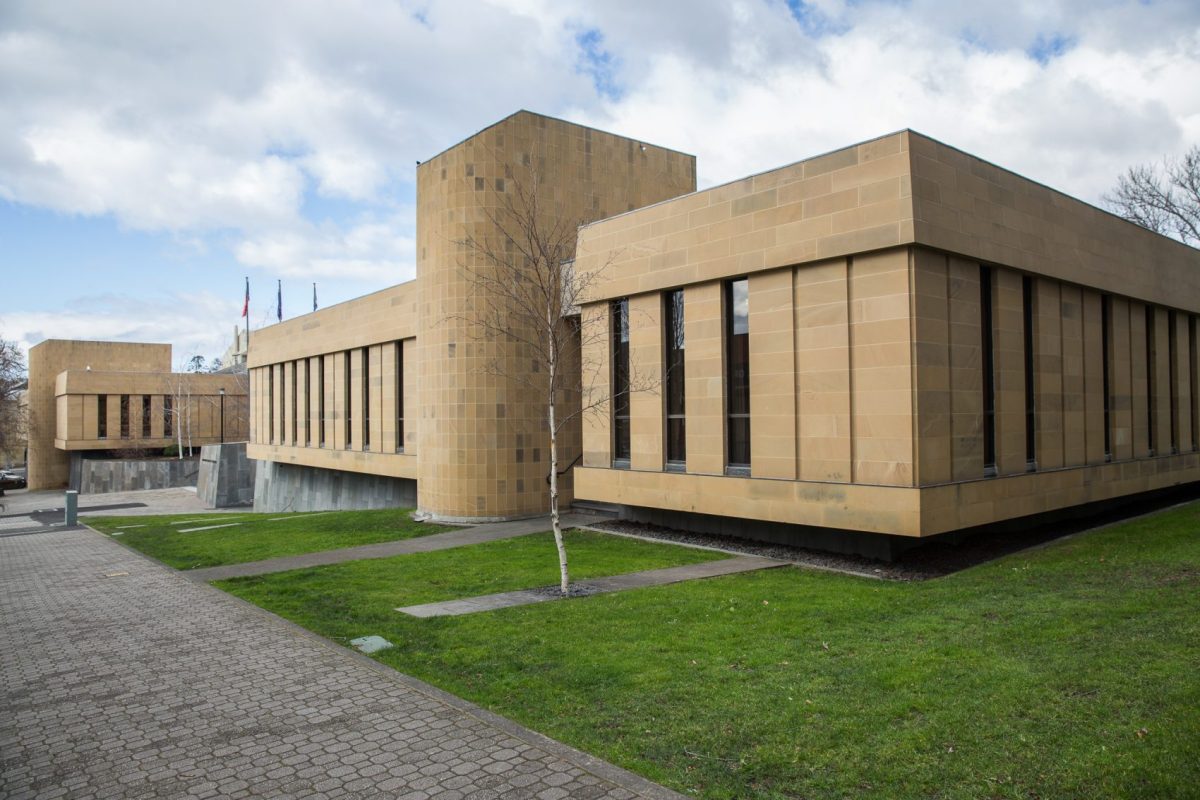
Susan Neill-Fraser’s case was brought to the Tasmanian Supreme Court (above). Photo: Government House Tasmania.
The Human Rights Law Centre has filed legal action on behalf of Susan Neill-Fraser, a Tasmanian grandmother, against a restrictive parole condition placed upon her by the Tasmanian Parole Board, which sought to limit her ability to speak with the media.
Ms Neill-Fraser, 68, was found guilty of murdering her partner of 18 years aboard their yacht on Australia Day in 2009. She has maintained her innocence and launched numerous appeals over the years, the most recent of which was to the High Court. All of her appeals have failed.
Ms Neill-Fraser has been on parole since 2022 after a sentence reduction. In December 2024, the Tasmanian Parole Board placed a condition on her parole prohibiting her from communicating “directly or indirectly with any media outlet to claim [her] alleged innocence and/or wrongful conviction”.
The case, brought forth by the HRLC to the Supreme Court of Tasmania, argues that to prevent Ms Neill-Fraser from speaking with the media is improper, unlawful and in breach of the “constitutionally implied freedom of political communication”.
“Everyone has the right to free speech and freedom of political communication, including and especially people who have been incarcerated,” HRLC legal director Sarah Schwartz said.
The HRLC said the parole system was intended to support people integrating into the community after time spent in the correctional system. The centre said it was concerned by the “largely unchecked” powers of parole boards, which may impose restrictive conditions that prevent the full participation of parolees in the community. Such restrictive parole conditions had a disproportionate impact on groups already marginalised, the HRLC said.
“The parole system should support people’s re-entry into the community after being in prison,” Ms Schwartz said.
”Parole conditions which are repressive and restrict people’s fundamental human rights do the opposite. They set people up to fail and create hurdles that push people back into prison.
“The right to political communication is fundamental to our democracy and safeguarded by Australia’s constitution, while our right to free speech is protected by international human rights law. These rights should not be restricted unless there is a legitimate reason.”


